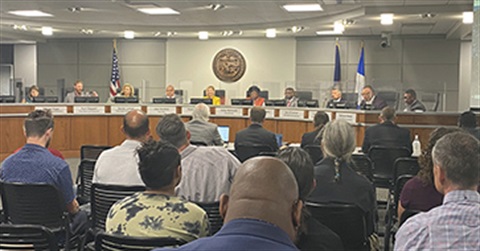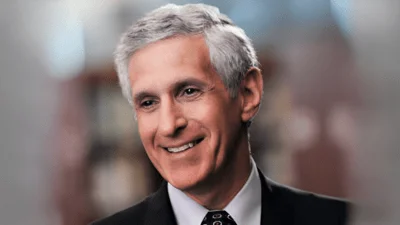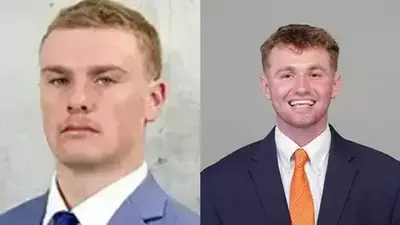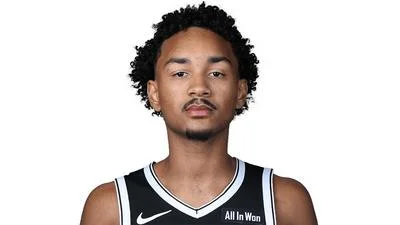City of Grand Rapids issued the following announcement on July 13.
The Grand Rapids City Commission has unanimously selected the Grand Rapids Urban League, 745 Eastern Avenue SE, Grand Rapids, to serve as the lead agency to implement Cure Violence.
Under the City’s initial one-year $125,000 professional services agreement, the Urban League will implement Cure Violence Global’s Violence Interruption Model – a public health approach to violence interruption and prevention – in Grand Rapids.
The Grand Rapids Urban League will begin working immediately to fully adopt and implement the Cure Violence Global Model in Grand Rapids. It will work with Cure Violence Global to begin detecting and interrupting potentially violent conflicts and potential shooting events. The Urban League will assemble a team of violence interrupters and outreach workers who have the credibility, rapport, and knowledge to identify and work with individuals/groups at highest risk for involvement in shootings and killings. It will also engage the community in changing behavioral norms and will distribute public education materials that promote the use of nonviolence in resolving interpersonal and inter-group conflicts.
Implementation of the program could not come at a more beneficial time. While eight homicides year-to-date in 2021 is significantly lower than the 38 homicides last year, there has been an increase in gun violence.
“Having served the Grand Rapids community for 78 years, the Urban League is an ideal community partner to serve as lead agency to help us Cure Violence in Grand Rapids,” said Brandon Davis, director of oversight and accountability. “The Urban League has strong community ties, a demonstrated presence within the City’s neighborhoods, and commitment to utilize individuals that influence those at highest risk of committing shootings or perpetuating other violent acts by building trusting relationships through their own lived experiences.”
Brenda Moore, interim president and chief operating officer at the Urban League, said the League’s unwavering commitment to public health and safety advocacy has grown stronger than ever, particularly in light of the recent escalation of violent crime in Grand Rapids during the pandemic.
“Some of the factors that drive firearm violence include trauma, economic strain, a sense of hopelessness and racial and economic inequities,” she said. “Indeed, it is persistent inequity that drives violence, and those who experienced the greatest level of economic neglect before the pandemic are likely to bear the brunt of several crises at once. The barriers to health, housing and employment will disproportionately continue to impact those in the Black community, who already had limited access to those resources before the pandemic.
“We take a holistic approach to public safety, the restoration of trust between communities and law enforcement, and a path forward for meaningful change. The ongoing and intertwined health, economic, and racial justice crises bring new urgency to our work to improve access to quality jobs, options to participate in business ownership, and the freedom to pursue educational and economic opportunities. That’s why I am confident that we can be successful in our collective efforts to reduce and/or end violence in our community.”
The Office of Oversight and Public Accountability and its community proposal review team carefully reviewed the Urban League’s proposal to lead the community in an evidence-based violence reduction and intervention program. The Request for Proposal review team included Chris Becker (Kent County Prosecutor), Connie Bohatch (Managing Director of Community Services), Brandon Davis (Director of Oversight and Public Accountability), Kenneth Fawcett, Jr. (Spectrum Health – Vice President of Healthier Communities), Alvin Hills IV (Office of Equity and Engagement Business Developer), Anita Hitchcock (City Attorney), Kerby Killingham (Family Outreach Center/SAFE Taskforce Co-Chair), John Lehman (Fire Chief), Kristen Rogers (Deputy Police Chief), and Cynthia Scholten (City Purchasing Agent).
“In our strategic plan, we commit to making Grand Rapids a place where all people ‘Feel Safe and Are Safe at All Times,’” said City Manager Mark Washington. “I am pleased to see us take another step forward with community partners on crime prevention efforts. Cure Violence will be a collaborative and innovative effort that will help improve community safety.”
Police Chief Eric Payne said the new partnership with the Grand Rapids Urban League will help the Department achieve one of its principal objectives in the Police Department’s strategic plan – pursuing data driven, evidence-based strategies that address root causes of and help reduce crime and police-related emergencies.
“I have long appreciated and supported the work of the Urban League,” said Chief Payne. “I am optimistic that with their history of positive community engagement and their trusted network of local partnerships, implementing the Cure Violence model will reduce crime and continue to strengthen trust between the community and its police department,” he said.
Spectrum Health was the first community partner to commit to supporting this public health approach to violence reduction and intervention by generously providing philanthropic support of $300,000. The City also committed to supporting this initiative by investing $75,000 annually for three years to support the operation of Cure Violence. The City’s first-year investment was applied toward the $100,000 technical assistance professional services agreement with Cure Violence Global.
The cost of the Grand Rapids Urban League professional services agreement expense will be paid from the Spectrum Health investment. The Grand Rapids Urban League has secured additional funds that combined with these investments, fully support the first-year implementation of Cure Violence in Grand Rapids.
Original source can be found here.

Source: City of Grand Rapids




 Alerts Sign-up
Alerts Sign-up